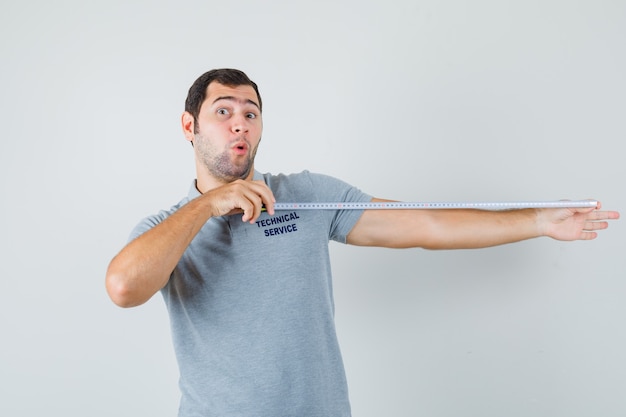
If you’re aiming to lose weight, you might think counting calories and eating less is the way to go. But that’s not always the case, says Terry Fairclough, a top personal trainer and co-founder of Your Body Programme. As a trainer, Terry has heard many different opinions on the best diet for weight loss. Folks often wonder whether they should be counting calories, following a low-fat, low-carb, or high-protein diet, fasting, or eating small meals regularly throughout the day.
While creating a calorie deficit can lead to weight loss, it doesn’t mean you’ll lose fat, which is what most people are actually trying to shed. A huge calorie cut might make the number on the scale go down, but it can also lead to losing muscle instead of fat. Many people mistakenly believe that eating way less is the only path to weight loss, but that’s not true.
When you eat, your body turns carbohydrates into glucose, a sugar that fuels your cells. If your body doesn’t need all that glucose immediately, it stores it as glycogen in your muscles and liver. This glycogen is bound to water. When you reduce calories, the first thing you lose is glycogen and water, not fat. Over time, a significant calorie deficit can cause your body to hold onto fat and break down protein instead.
Protein is crucial because it helps burn fat by fueling muscles even when you’re resting. Therefore, it’s vital to eat a balanced diet that includes fats, carbs, and protein. For those thinking they should cut out fat to lose weight, it’s important to know that fat is a key energy source, offering over twice the energy of carbs or protein per gram. Also, fat stored in muscles is readily accessed when you exercise, helping with energy and endurance. Without enough fat, your energy will drop, making it harder to burn unwanted fat.
Cutting calories excessively can also lead to nutrient deficiencies that affect various body systems, including the immune, liver, and digestive systems. This can slow metabolism and cause other health issues like fatigue, malnutrition, osteoporosis, anemia, and hormonal imbalances. An extreme calorie cut stresses your body, increasing cortisol, a stress hormone that can initially cause weight loss but eventually leads to the body holding onto fat.
Long-term stress and high cortisol levels can slow metabolism and lead to fat gain, especially around the belly. Stress also impacts thyroid function and digestion, making it harder to absorb essential nutrients. This lack of nutrients can affect your health and exercise performance, making weight or fat loss challenging. Plus, cutting calories too much can mess with your sleep. Low blood sugar causes stress hormones to rise, which can wake you up and lead to poor sleep. This lack of rest affects everything from liver function to immunity and productivity.
Bodybuilders know that they need to manage their calorie intake carefully; too few calories can make them sick. Reducing calories too much can eventually cause the body to hang on to every calorie, making it feel impossible to lose weight.
The takeaway? You need to eat the right amount of calories, carbohydrates, fats, and protein based on your body type, goals, activity level, height, weight, and age. Your Body Programme can help you find out what your body needs so you can lose fat without restricting calories excessively. It’s shown that sometimes you need to eat more to lose fat effectively.
Include a variety of healthy foods in your diet: lean proteins like chicken, eggs, fish, pulses, legumes, tofu, and tempeh if you’re vegan. Eat lots of fruits and vegetables, sweet potatoes, quinoa, brown rice, and whole grains. Don’t shy away from healthy fats like avocados, nuts, seeds, olives, and olive oil.
It’s about nourishing your body to stay healthy and maintain a good metabolism, ultimately helping you reach your fitness goals.